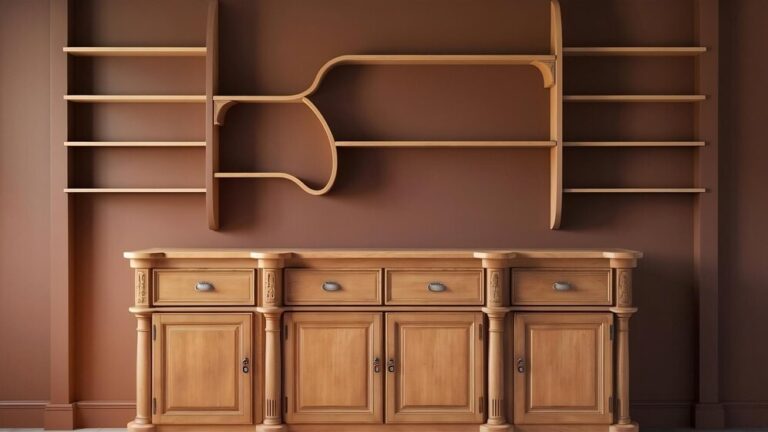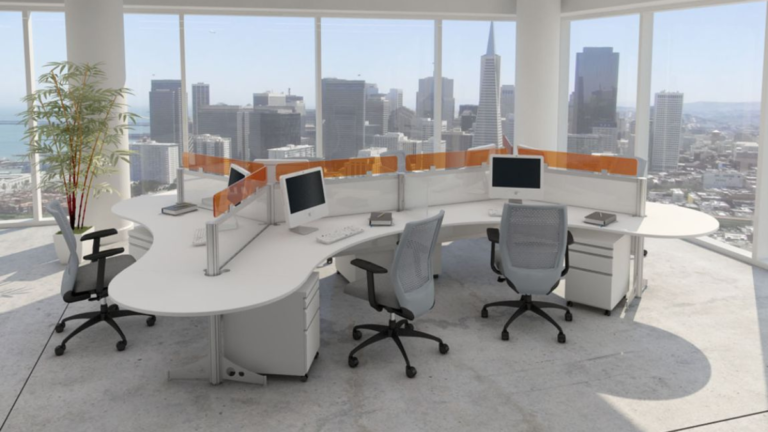Protecting Your Property: The Top Features to Look for in a Residential Security Fence
A secure and reliable security fence is essential in protecting your home and property. It not only acts as a physical barrier. But, it also serves as a psychological deterrent to potential burglars or intruders. With the wide variety of materials, designs, and features available in residential security fences, it can be overwhelming to choose the best one for your needs.
In this guide, we will discuss the top features to consider when looking for a residential security fence.
Material
The material of security fences is crucial in determining its strength and durability. Some of the commonly used materials for residential fences are wood, vinyl, aluminum, steel, and wrought iron. Each has its advantages and disadvantages.
Wood
Wood is affordable and adds a rustic, natural look to your property. But, it’s prone to rot and pest damage, potentially reducing its security.
Vinyl
Vinyl fences are low maintenance, available in various styles and colors, and durable against rot and pests. However, they’re not as strong as steel or wrought iron.
Aluminum
Aluminum fences are lightweight, easy to install, and corrosion-resistant. However, they may not be as sturdy as steel or wrought iron fences and can dent easily.
Steel
Steel, known for its strength and durability, is ideal for security fences. It withstands extreme weather and offers excellent protection against intruders. However, it needs regular maintenance to avoid rust and corrosion.
Wrought Iron
Wrought iron fences are elegant and strong, offering great security. However, they’re costly and need regular upkeep to avoid rust.
Height and Design
The height of your fence is key in deterring intruders. A higher fence is tougher to climb. A good security fence should be at least six feet tall. However, local regulations might limit fence height.
Consider your fence’s design too. A solid fence without gaps offers more privacy and security. But, it can create hiding spots for intruders.
Meanwhile, picket or chain-link fences provide less privacy but improve visibility. Adding spikes or finials on top can make your fence more difficult to climb. When planning to install residential fencing, it’s important to consult with reputable service providers such as My Fence Company LLC to ensure compliance with local regulations and proper installation.
Automated Gates and Access Control
Automated gates and access control are key for modern residential security fences. This lets you manage entry through codes, key fobs, or biometric checks. They can integrate with your home security for remote access and monitoring.
Lighting
Proper lighting is crucial in making your security fence effective. Intruders are less likely to target well-lit properties as it increase the risk of being seen and caught. Consider installing motion-activated lights along your fence line, driveway, and entry points to deter potential intruders at night.
Maintenance and Upkeep
Regular maintenance and upkeep are necessary to ensure the long-term effectiveness of your residential security fence. Regularly inspect for any damages, such as loose or broken panels, and address them immediately.
Additionally, consider adding anti-climb devices or plants with thorns along the perimeter of your fence to further deter intruders.
Look Out for These Features for Your Residential Security Fence
A combination of these top features is essential in choosing the best residential security fence for your needs. Consult with professionals to ensure compliance, proper installation, and effective security protection for your home and property.
So, make sure to consider these factors when selecting a security fence for your residence. By doing so, you can have peace of mind knowing that your property is well-protected. Stay safe!
Is this article helpful? Keep reading our blog for more.







